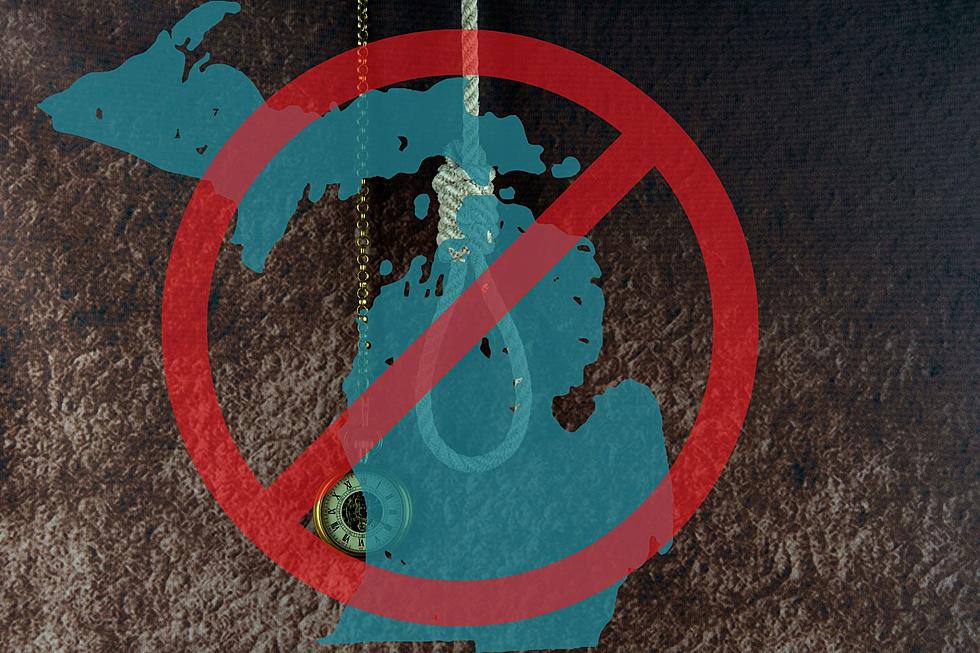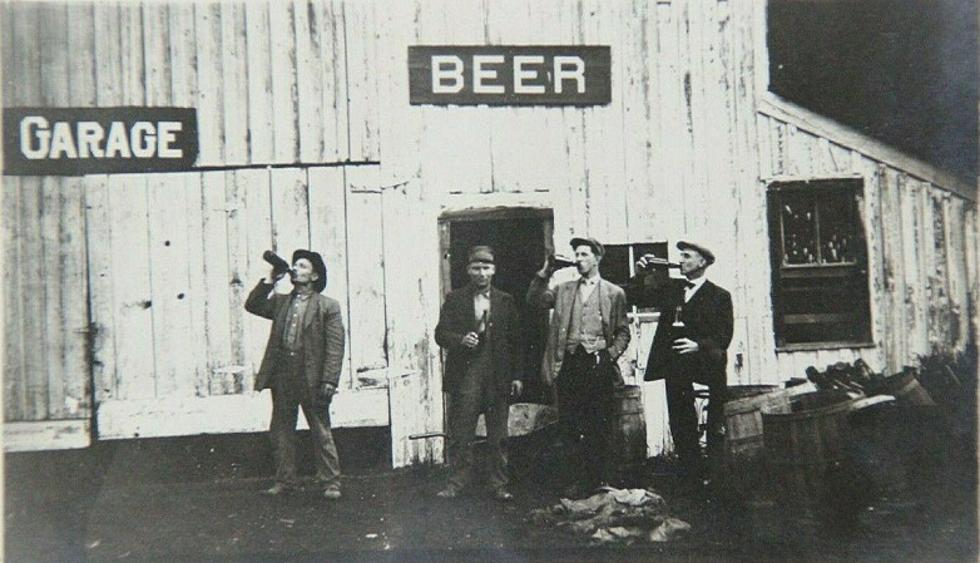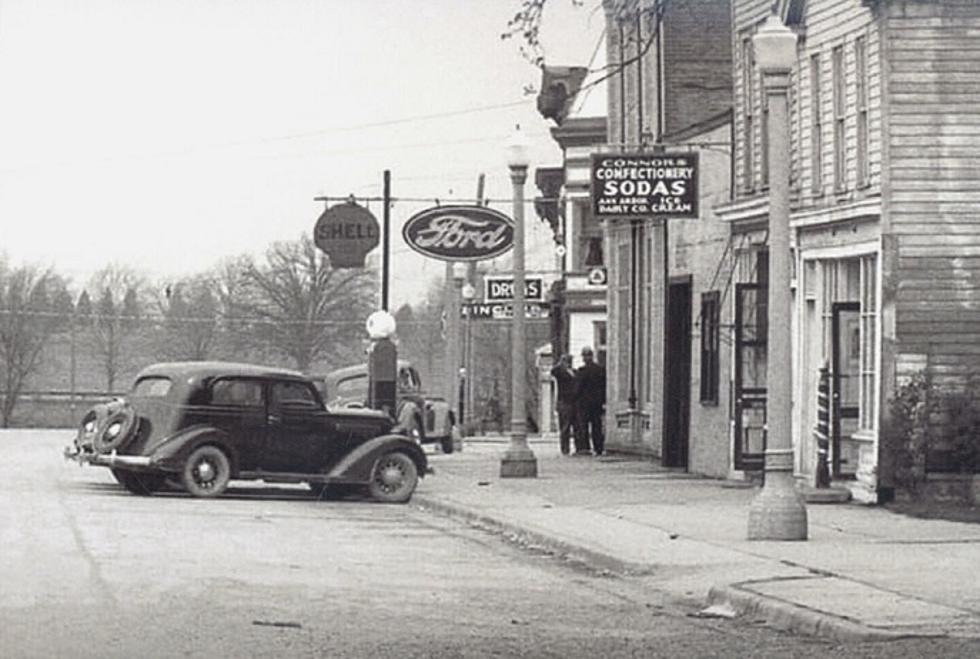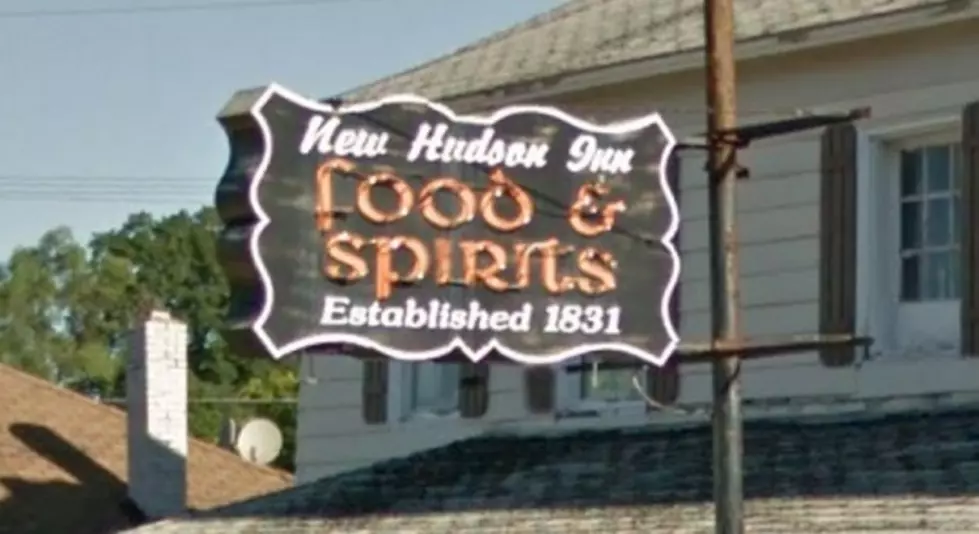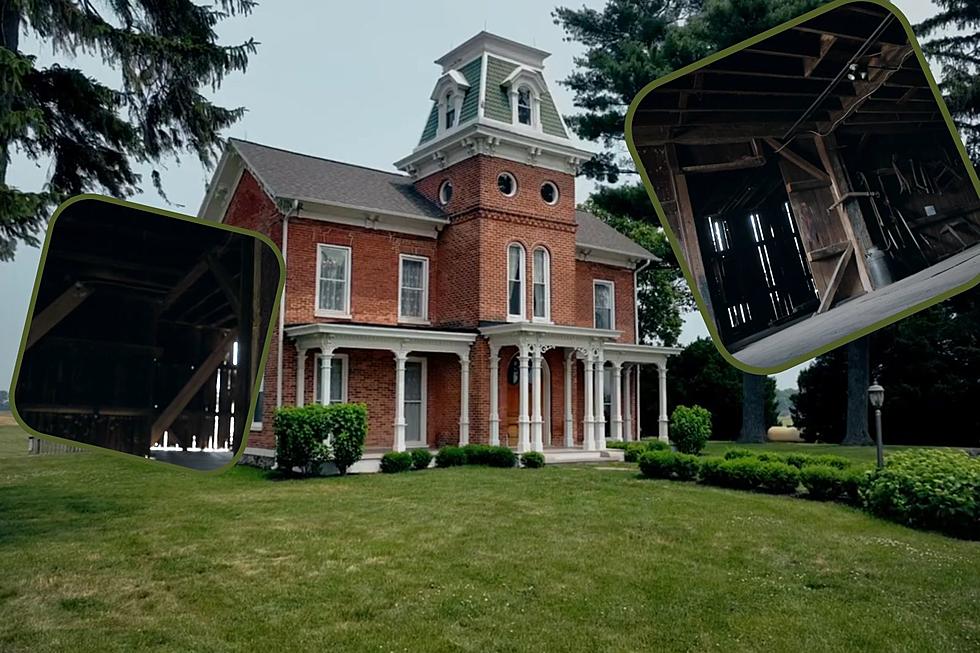
Michigan’s Underground Railroad: Inside Vandalia’s Bonine Station
In 1843, a Quaker named James E. Bonine made his way to Cass County, Michigan, where he would join Isacc, his father who had made the journey a year before. By 1844, Bonine had purchased 80 acres of land in what is now Vandalia and married Sarah Ann Bogue, the daughter of abolitionist Stephen Bogue.
Bonine would soon join Ann and her father by becoming a member of Young's Prairie Anti-Slavery Friends. Members of the society would speak out against slavery and those who practiced it. Their efforts didn't end with words.
Freedmen and Freedom Seekers Were Welcome by Cass County's Quakers
Shortly after getting married, construction on what is now known as the Bonine House began. This would be the family home for over a century and part of the over 1,600 acres acquired by James and Ann. The Bonine family was now one of Cass County's biggest landowners.

This allowed Bonine to set aside land for Freedmen and freedom seekers to clear and farm. This settlement would eventually be known in Cass County as Ramptown, west of Calvin Center Road at Bonine Street.
The public either didn't know or didn't talk about that Bonine would offer shelter and food to freedom seekers. Though not in his home, those who needed a place to rest on their way to Canada were given refuge in the Carriage House, which still stands across the street from the Bonine House.
While rumors have swirled about tunnels connecting the Bonine and Carriage Houses, no evidence has been found. You can tour the property, located at the corner of M-60 and Penn Road in Vandalia, Michigan, from June through September. Owned and operated by the Underground Railroad Society of Cass County (urscc.org) the property is used as part of their efforts to preserve the history of the Underground Railroad.
Michigan's Underground Railroad: Inside Vandalia's Bonine Station
Gallery Credit: Scott Clow
More From 99.1 WFMK





